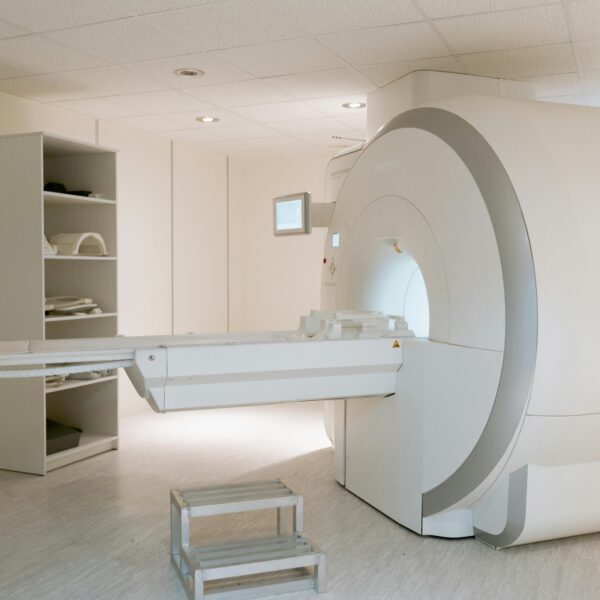Online counseling and virtual mental health services have emerged as powerful alternatives to traditional in-person therapy. Telehealth and remote therapy solutions are revolutionizing the way people access and receive mental healthcare. These digital mental health platforms offer a level of convenience and accessibility that was previously unimaginable.
This democratization of mental healthcare is crucial, as it removes financial obstacles and empowers a wider population to seek the help they need. Coupled with the discreet and confidential nature of online counseling, these digital mental health solutions are destigmatizing therapy and making it more accessible than ever before. Ultimately, the rise of online counseling and virtual mental health services is a testament to the power of technology to transform the landscape of healthcare. By providing convenient, cost-effective, and confidential access to qualified mental health professionals, these digital platforms are paving the way for a more holistic and inclusive approach to mental well-being.
Accessibility and Convenience of Virtual Therapy
The accessibility and convenience of online therapy have revolutionized the way people seek mental health care. Virtual counseling has made remote mental health services more widely available, breaking down geographic barriers and allowing individuals to receive the support they need from the comfort of their own homes. Tele-mental health platforms have emerged as a game-changer, offering a seamless and secure way for clients to connect with licensed therapists through video sessions or messaging.
This newfound accessibility is a game-changer, particularly for those who live in underserved areas or face mobility challenges. The convenience of online therapy also eliminates the need for lengthy commutes, making it easier for busy individuals to prioritize their mental well-being without sacrificing their schedules. Moreover, the privacy and discretion afforded by virtual sessions can encourage those who may have been hesitant to seek in-person counseling to take the first step towards improving their mental health. With the growing acceptance and adoption of online therapy, individuals now have greater control over their mental health journey, empowering them to access the support they need on their own terms and at their own pace.
Effectiveness of Virtual Therapy Compared to In-Person Sessions
Numerous studies have demonstrated the efficacy of online therapy, with virtual therapy sessions yielding outcomes comparable to in-person counseling. Teletherapy research has consistently shown that remote therapy can be just as effective as traditional face-to-face sessions, particularly for common mental health issues like anxiety and depression. Online counseling has been found to be an effective and accessible alternative, with patients reporting high levels of satisfaction and positive treatment outcomes.
Rigorous studies on remote therapy have found that the physical distance between therapist and client does not hinder the therapeutic process or the quality of care. In fact, the convenience and flexibility of online therapy have made mental health support more accessible to individuals who may have previously faced barriers to receiving in-person treatment. As the body of research on the effectiveness of virtual therapy continues to grow, it is clear that remote counseling is a viable and valuable option for those seeking professional support for their mental well-being.
The Future of Virtual Therapy and Mental Health Treatment
The future of teletherapy is undoubtedly bright, as the world rapidly embraces virtual therapy trends and the convenience of online counseling. Digital mental health innovations are paving the way for a new generation of remote therapy, offering individuals greater accessibility, flexibility, and personalization in their mental health care.
Driven by the increased demand for convenient, on-demand services, the teletherapy market is poised for exponential growth in the coming years. Advancements in secure video conferencing, mobile applications, and artificial intelligence are enabling mental health professionals to provide high-quality, evidence-based care to clients from the comfort of their own homes. This shift towards digital solutions not only removes geographic barriers but also destigmatizes seeking help, making mental health support more accessible to those who may have traditionally faced challenges in accessing in-person services.
Moreover, the integration of cutting-edge technologies, such as virtual reality and predictive analytics, is revolutionizing the way remote therapy is delivered. Clients can now immerse themselves in therapeutic environments, while clinicians leverage data-driven insights to tailor their interventions and provide more personalized care. This level of innovation is shaping the next generation of remote therapy, empowering individuals to take a more active role in their mental health journey and fostering stronger, more meaningful connections between clients and their therapists.
As we look to the future, the widespread adoption of teletherapy services will continue to transform the landscape of mental health care, making it more accessible, convenient, and tailored to the unique needs of each individual. The potential for digital mental health innovations to improve outcomes and enhance the overall well-being of individuals is truly exciting, and the future of remote therapy holds great promise for those seeking to prioritize their mental health.
If you are a professional looking for an opportunity in the ever-changing field of healthcare, then check out our job board to see what opportunities are open now. If you are looking for something different than what we have open, send in an updated resume and a recruiter will connect with you as soon as today!











